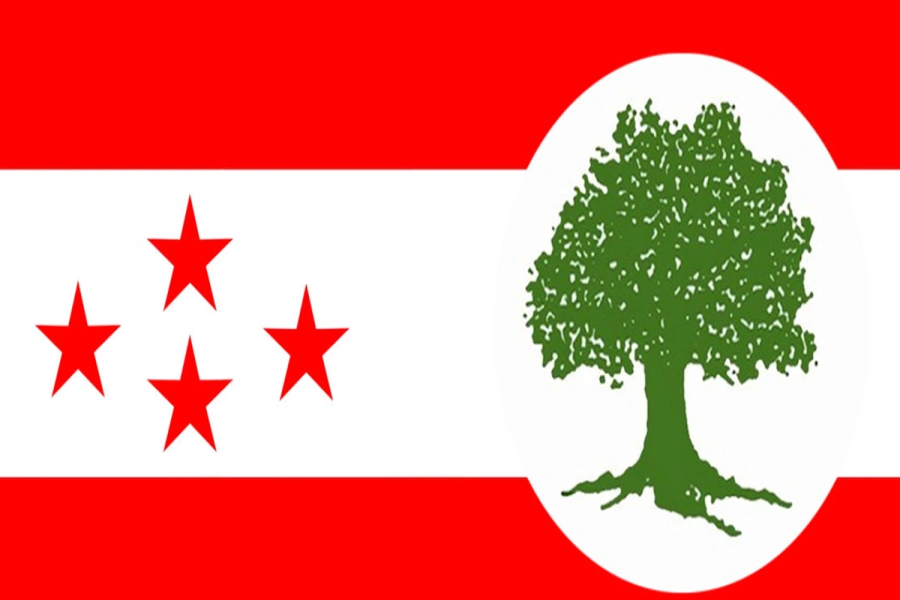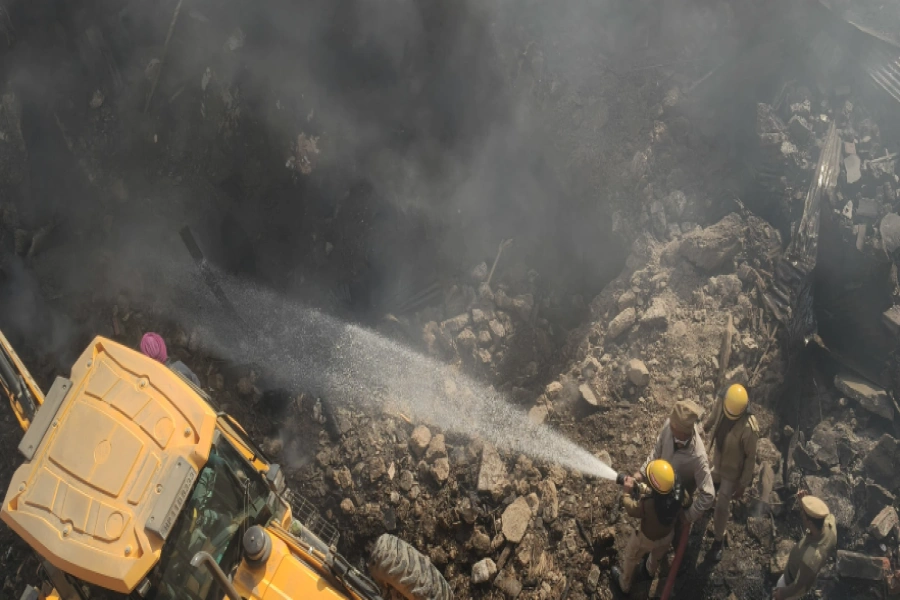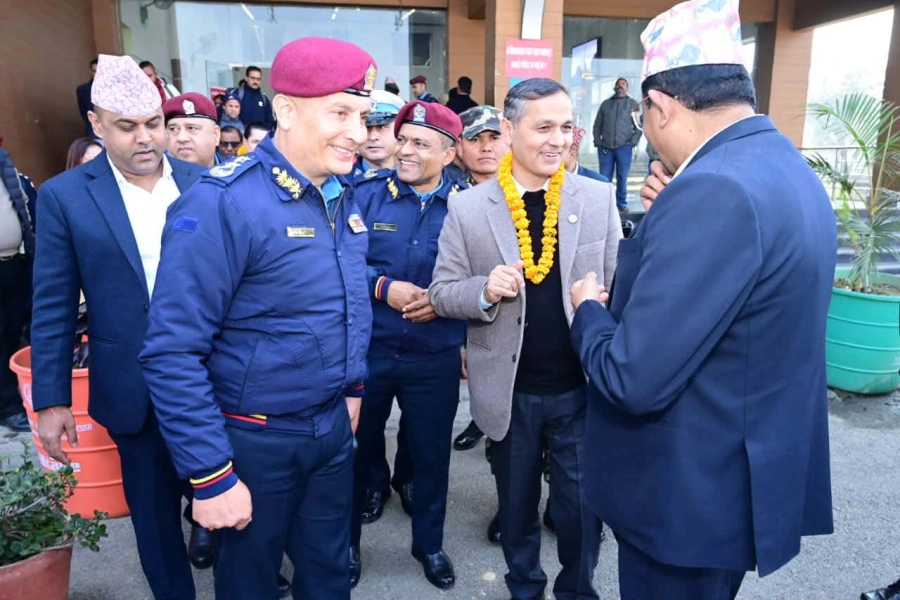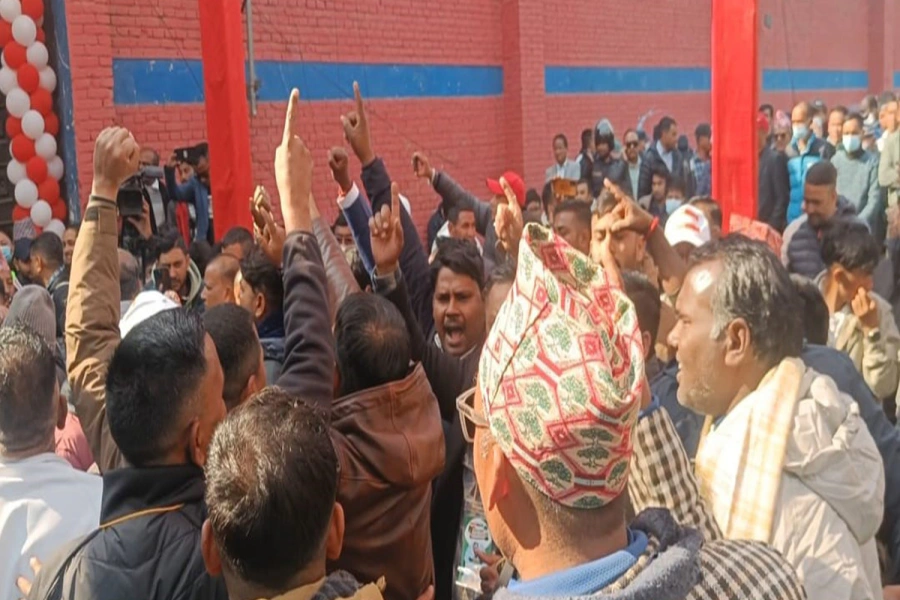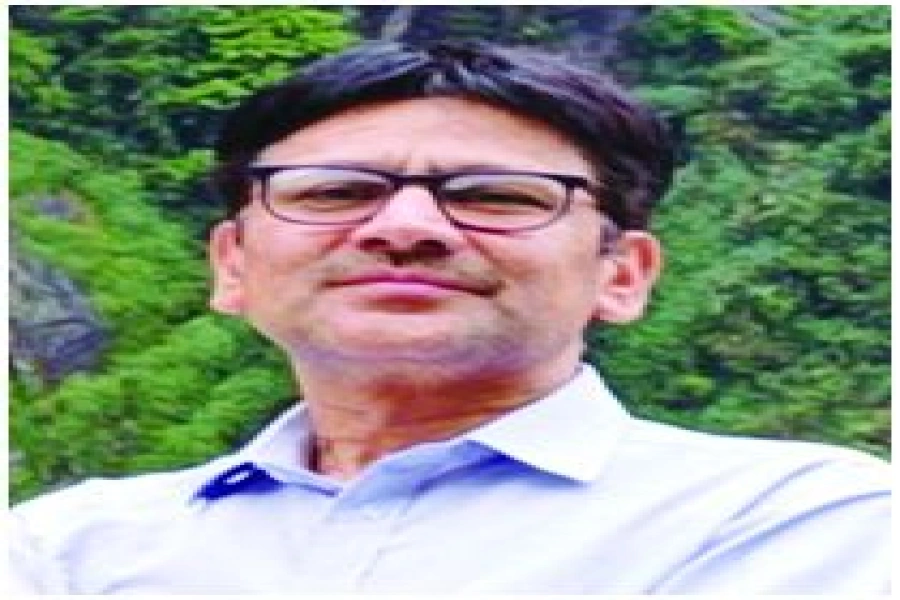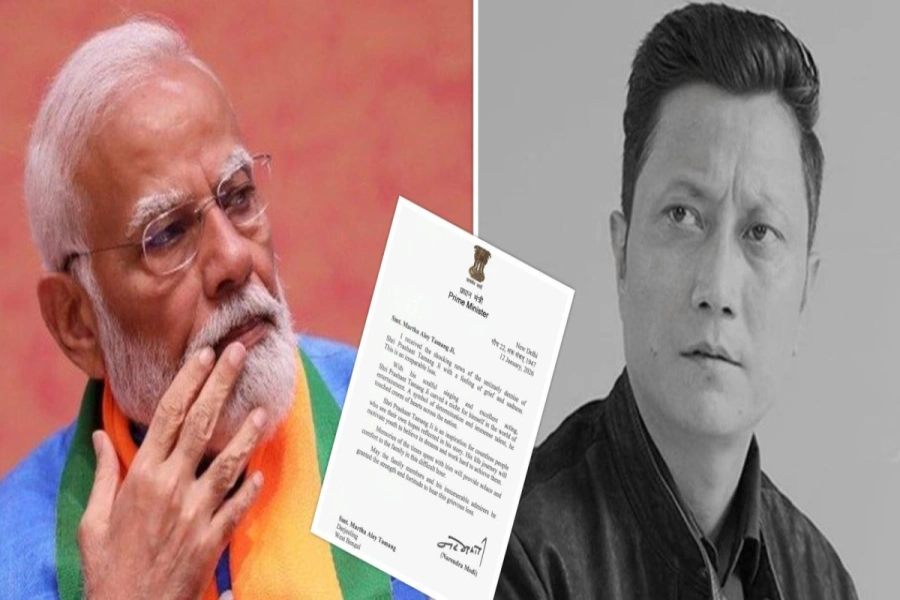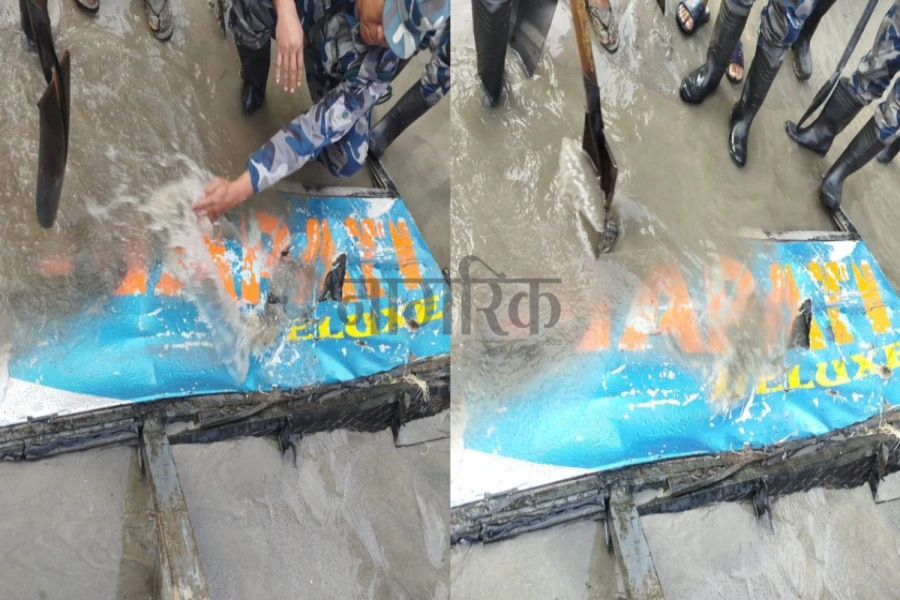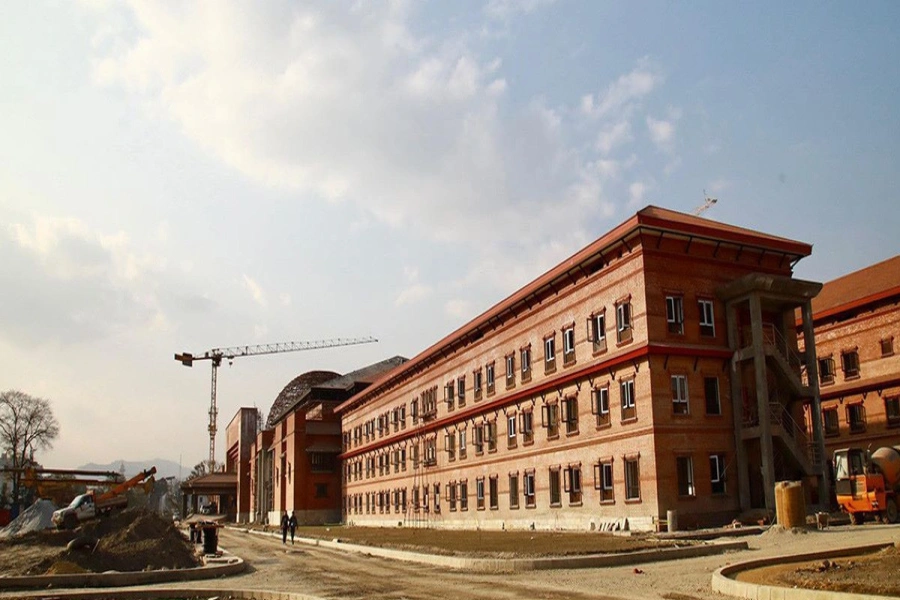KATHMANDU, Dec 8: After completing his Master's in Conflict, Peace and Development Studies from Tribhuvan University, 31-year-old Pitambar Bhandari immediately started teaching the same subject at the same university.
Finding Beacon of Education Nestled at Maitighar Heights
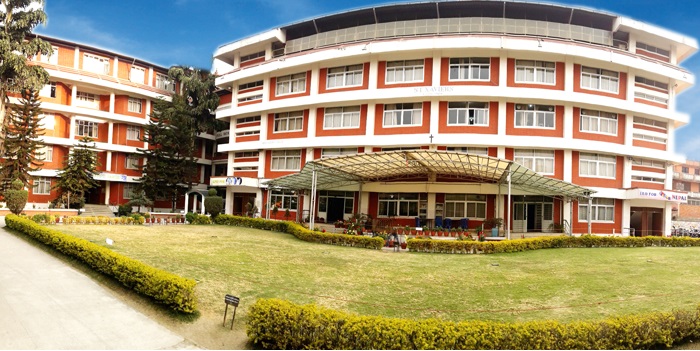
It's been four years since, but Bhandari's zeal for teaching hasn't decreased a bit. Currently, he is also a PhD candidate under Norhead fellowship.
Describe your job responsibilities.As a lecturer, my main job is to teach students, of course. I also supervise thesis writing and field visits. As part of practical learning in the course, students are taken outside the valley to study and research on issues of violence. After a certain interval, I'm also asked to modulate the course.
What do you love about your job?
I love the fact that I can connect to young minds and be the bridge between the older generation and the newer ones. The learning mechanism today is more research based and practical, which further motivates me to contribute to this sector. I also enjoy classroom interaction, because I get to know how young people think and also get updated myself.
As a lecturer, what kind of challenges do you face?
The main challenge is the lack of facilities. The teacher-student ratio isn't quite balanced. Compared to other South Asian nations, incentives for teachers is also minimal. And it goes without saying that the political turmoil in Nepal doesn't really support a good learning environment.
What could be some of your strengths and weaknesses?
Before I enter my class, I make a list of objectives for the day and I make sure that they are met for each class. I can also deliver lectures without the PowerPoint slides, which perhaps came with experience. I feel this is an advantage in today's situation where we don't have electricity and fuel to run the generator. I also endeavor to make my classes as interactive as possible. As for assignments, I make sure they are based more on contemporary issues but welcome students' creativity and uniqueness.
As for my weaknesses, sometimes I might be a little too defensive about my arguments and my students could end up feeling offended. Another drawback is my busy schedule which prevents me from being as readily available as I should be for my students' overall curriculum.
Do you feel Nepal is getting any better in education?
In terms of education policy, Nepal is doing fine, but the problem lies in its implementation. Nepal requires more research centers for students to practice their learning. Students, too, should develop culture of visiting libraries. However, things are definitely getting better. Universities in Nepal are introducing newer courses and updating their curriculum. There has been an improvement in teaching system, too—it's no longer one-way, and classroom interaction is highly encouraged. Field visits are also included in many courses, which help to provide necessary exposure to students.
What are your future plans?
I don't have a concrete future plan as such, but my goal is to contribute more to my country. Although I would like to go abroad for higher education, but I don't plan on settling there.





